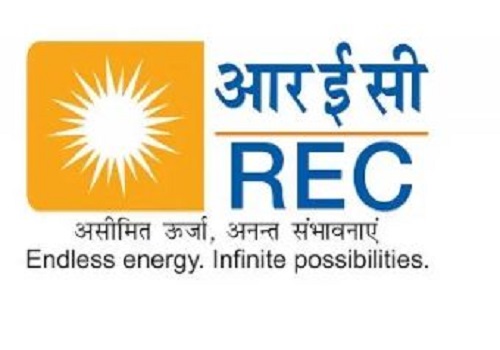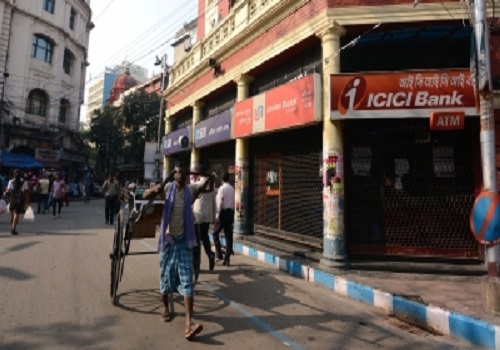REITs, fractional ownership offer option of lower investment, regular income

Investment in real estate for buying a home provides not just a living space but also a significant tangible asset that can be used as a leverage to raise finance or sold at a lucrative gain due to its appreciation in the future.
The asset imparts stability and security to an investor's financial plans. While residential properties tend to offer stability, investments in commercial properties have the potential for greater returns.
Real estate, however, requires big investments and the assets are not liquid like financial assets and gold, as they cannot be converted into cash immediately in times of need, for it takes time to sell a property.
Arranging for the initial down payment to buy real estate often poses a challenge for many young investors and they may first have to build a corpus for investment.
There is the option of investing in REITs and Fractional Ownership in the real estate sector which require lower investments and yet allows the investor to reap the gains of a regular rental income and appreciation of assets.
REITs enable an investor to generate income from real estate without direct ownership. Opting for this alternative also enables an investor to diversify his or her portfolio.
Youngsters who want to invest in the real estate sector should start saving early for a down payment on their first property. Real estate markets undergo frequent fluctuations and there is a need to stay alert and have a flexible strategy to capitalise on emerging opportunities.
Investors must also go in for personalised guidance suited to their finances by consulting financial advisors, real estate firms, lawyers, and experienced investors.
The Indian real estate sector recorded a robust growth in both residential and commercial segments during 2023 and property consultants expect the surge to continue into 2024 which means there should be good opportunities for investment.
The premium and luxury properties segment has recorded a higher growth in recent months both in Delhi-NCR and the country’s commercial capital Mumbai.
The surge in sales of over 200 per cent has been driven by positive economic indicators and increased investments from Non-Resident Indians (NRIs).
The real estate sector has also seen an expansion into Tier-2 and 3 cities, which have thrown up new investment opportunities for investors.
According to G. Hari Babu, National President of the National Real Estate Development Council (NAREDCO), India’s real estate sector experienced an unprecedented surge in 2023, fuelled by robust economic performance, setting the stage for continued growth in 2024.
The momentum from the previous year, particularly in high-end transactions in Delhi-NCR, is anticipated to persist.
Investors can explore attractive opportunities in NCR cities like Gurugram, Faridabad, and Noida. Prime locations such as Dwarka Expressway in Gurugram and sectors near Yamuna Expressway and Noida Airport offer substantial potential for high returns.
A recent Q3 2023 report by real estate consultancy firm Knight Frank highlights stakeholders’ optimism, with 63 per cent anticipating an upswing in residential launches over the next six months, further fueling the market in 2024.
Knight Frank also expects India’s proprietary home affordability Index to improve in 2024 on the back of moderating inflation and declining interest rates.
Ahmedabad, Pune and Kolkata are the country’s most affordable cities for home buyers while Mumbai continues to be the most expensive. followed by Hyderabad, according to the latest Affordability Index report by Knight Frank India.
Ahmedabad tops the list of affordable housing markets with an EMI to income ratio for households at 21 per cent. In simple terms this means that an average household in Ahmedabad would need to spend 21 per cent of its income to pay the EMI for a home loan.
The next most-affordable housing markets are Pune and Kolkata both of which have an EMI to income ratio of 24 per cent.
The most expensive residential market in the country is Mumbai, which saw an improvement of 2 per cent in its affordability index measured at 51 percent in 2023 from 53 per cent in 2022.
Hyderabad remained the second most expensive residential market in the country with its affordability index unchanged at 30 per cent. Bengaluru is the fourth most expensive market with an affordability index of 26 per cent in 2023.
“While marginally better than last year, home affordability across cities also significantly improved in 2023 since the pre-pandemic year of 2019.
"Anticipating stable GDP growth and moderation in inflation in FY 2024-25, affordability is expected to strengthen. Further, if the RBI decides to lower the repo rate later in 2024 as is widely expected leading to a reduction in home loan interest rates, the affordability of homes in 2024 could see further improvement," said Shishir Baijal, Chairman and Managing Director, Knight Frank India.
The uptick in the real estate sector is also reflected in RBI data which shows that lending by banks to commercial real estate increased by 38 per cent in November 2023 compared to the same period last year. On the other hand, banks’ outstandings for housing, including priority sector housing, increased by 37 per cent during the same period.





















